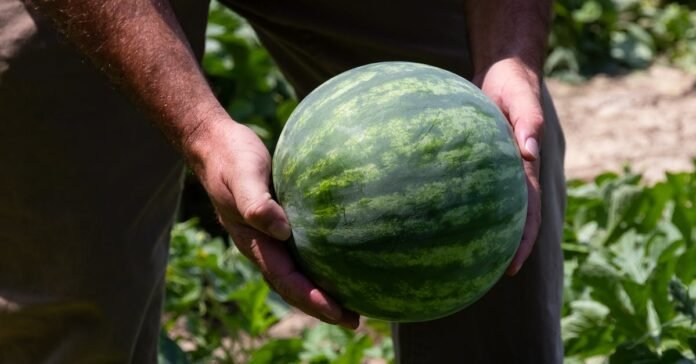Ready to begin with your own organic garden? Do you know where to start or how to begin with it? Do you know what products will work for your garden? If you have no clue how to answer these last couple questions, the tips that are listed below are for you.
When you are growing organic plants within the home or an enclosed area, considering how much light the plants will receive must be emphasized. If your home does not let in sufficient light, then consider getting plants that thrive in low-light situations. If you want to grow a plant which requires more light, you can invest in grow-lights.
It is important to rotate your organic plants regularly when you are attempting to grow an indoor garden. Plants bend toward wherever a light source is. If you do not rotate your plants there is a good chance that they will all bend toward one side which will limit the amount of vegetables that grow on the plants.
A great rule of thumb to follow when planting an organic garden is less is more. While you’ll want to plant a little more than you think you will need in case of rot or pests, you don’t want to overdo it because you’ll end up with much more than you can handle.
Utilize frost covers for your plants when it gets cold. Frost may cause tiny ice crystals to form in your plant and shred the natural, soft flesh of the plant. Milk jug containers and other plastics can help assist you in making a closed environment around your plant. Ideally you want to protect your plant from being exposed to the cold outside air.
To get the most from your composting efforts, aim for a 1:1 ratio of dried materials and green plant products. Your green material can be made up of produce waste, used floral arrangements, lawn cuttings, leaves, and other yard waste. Your dried material can be things such as sawdust, paper shreds, wood shavings, straw and cardboard. However, stay away from meats, manure from carnivores, charcoal and other potentially harmful substances.
Care for your compost. Cover your compost pile with a lid, tarp or black plastic. Sunlight will kill the bacteria that do the composting, so the outer layers of a compost pile that is exposed to the sun will not break down. Water the compost pile regularly, keeping it evenly moist. Do not over-water, as a soggy compost pile will rot. Turn the pile every two to five days to aerate and provide oxygen to the bacteria. If necessary, add a composting activator to speed up the process.
A natural, albeit somewhat tedious, way to keep pests and fungus from destroying your organic fruit crop is to use plastic zipper bags. When the fruits are still young on the branches, place them in large zipper bags secured at the top with staples. Cut off a bottom corner to allow for adequate drainage.
Planting an insectary garden beside your vegetable garden is a natural and effective way to rid your vegetable garden of harmful insects. With the right variety of plants, this garden spot will attract beneficial insects that will kill and eat the harmful ones that eat your vegetables. The insectary can be a separate garden or several small plantings interspersed among the vegetables.
Use living matter to make the best compost. Though you may be tempted to start tossing everything into your compost pile, don’t do it. Remember your compost is not a trashcan. Put in plenty of grass clippings, fallen leaves, and kitchen garbage such as food scraps and old leftovers. This will make your compost process faster.
Use a soaker hose to water your garden. A soaker hose allows the water to be absorbed directly in to the soil, rather than disbursed in to the air. This helps to conserve water, a valuable resource. Plant leaves also stay dry, which means you get to avoid pesky fungus problems.
Hand weed your organic garden on a regular basis. Just get on your knees, put your hands in the dirt, and pull weeds out by their roots. If you do this regularly, you can avoid having to use harmful pesticides. Your garden will stay healthy, safe, and organic.
Like so many things in life a good organic garden benefits greatly from advanced planning. The savvy gardener develops an all-encompassing plan for his or her garden before the first seed is planted. Good garden planning takes into account not only the initial plantings, but the subsequent changes that need to be made as the growing season wears on.
Do you know how to begin your own organic garden now? Can you now find a place to begin with it? Do you know what will work for your seeds? If you can now provide an answer to these questions, then you have read and understood the previous tips and are ready to grow your own organic garden.


